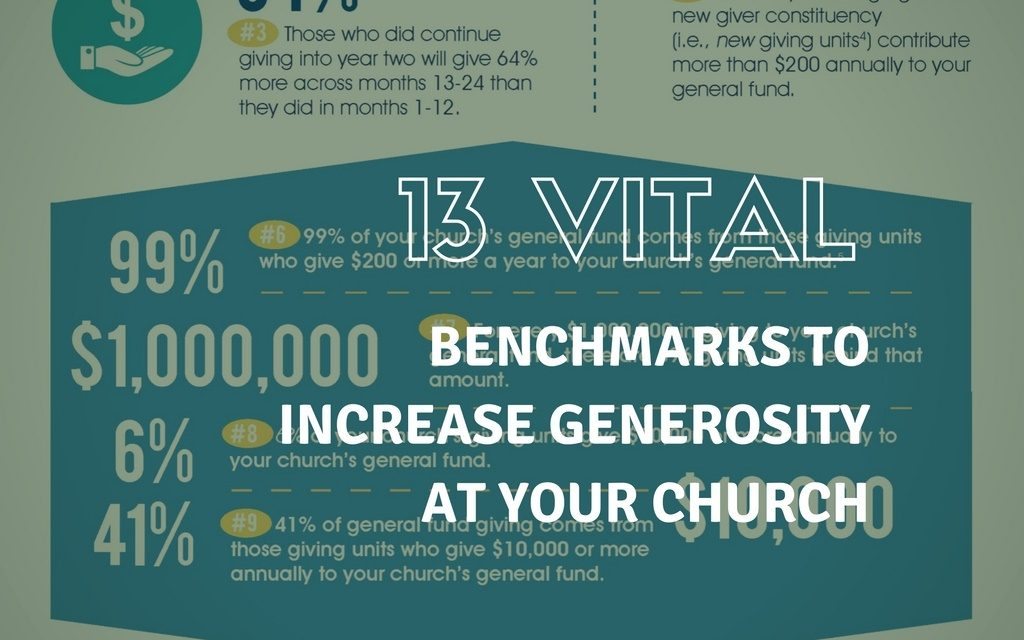Take A Look At The Fascinating Trip Of Catholic Schools And Their Substantial Contribution To Education And Learning-- Could Their Practices Be Crucial For Future Understanding?
Take A Look At The Fascinating Trip Of Catholic Schools And Their Substantial Contribution To Education And Learning-- Could Their Practices Be Crucial For Future Understanding?
Blog Article
Published By-Medlin Lanier
When you take into consideration the background of education, Catholic institutions stand out for their ingrained customs and long-term impact. These establishments began as a way to instill confidence and values, but they've adjusted extremely over centuries. Today, they play an important function fit not just scholastic success however likewise moral integrity. What's fascinating is just how they have actually taken care of to grow among altering cultural landscapes, questioning about their future importance and effect.
The Beginnings of Catholic Education And Learning: A Historical Point of view
Catholic education and learning traces its origins back over 1,500 years, when very early Christian communities identified the demand for structured knowing. You'll discover that these neighborhoods intended to hand down their confidence and worths via education.
Monasteries and sanctuary schools became centers of learning, supporting both spiritual and intellectual growth. As you dive much deeper, you'll see that the educational program commonly consisted of philosophy, theology, and the liberal arts, created to develop well-rounded people.
In time, the Church established more official organizations, guaranteeing that education stayed easily accessible to all. The commitment to mentor ethical worths and fostering a feeling of neighborhood has lingered with the centuries, shaping the instructional landscape and influencing many lives worldwide.
This enduring heritage remains to influence Catholic education today.
The Development of Catholic Institutions With Cultural Contexts
As societies developed, so did the role of Catholic schools, adapting to the cultural contexts in which they existed. In the very early years, these establishments concentrated mostly on spiritual guideline, but as areas diversified, they started to incorporate regional languages, personalizeds, and educational demands.
https://postheaven.net/mitchell8catarina/establishing-the-all-encompassing-child-spirit-idea-and-heart-in-catholic 'd notice that Catholic schools commonly came to be facilities for social communication, fostering a sense of belonging among students from various histories. In numerous areas, they addressed social issues, such as destitution and discrimination, by supplying accessible education for all.
As you discover different societies, you'll see how Catholic colleges have shifted their curricula and teaching techniques, reflecting the values and difficulties of their atmospheres while remaining true to their fundamental goal of faith and scholastic quality.
The Modern Role and Influence of Catholic Schools in Culture
In today's globe, Catholic schools play an important duty in shaping not just the academic landscape, but also the wider area.
You'll discover that these institutions emphasize worths like respect, empathy, and social justice, fostering all-around individuals who contribute favorably to society. By concentrating on scholastic quality and ethical advancement, Catholic institutions prepare pupils for future difficulties, nurturing crucial reasoning and leadership abilities.
Elementary Christian schools In Traverse City serve varied populations, linking voids in access to quality education and learning. Furthermore, you could observe their commitment to solution, encouraging trainees to participate in neighborhood outreach and volunteer job.
This blend of education and learning and moral advice makes Catholic schools a significant pressure, growing liable citizens who can affect their areas right.
Verdict
To conclude, Catholic institutions have a rich background that's shaped their long-lasting effect on society. You have actually seen exactly how they have actually adapted to different social contexts while keeping a dedication to confidence, values, and scholastic excellence. Today, they remain to play an essential duty in cultivating neighborhood, promoting social justice, and nurturing accountable residents. As you assess their heritage, it's clear that Catholic institutions remain an effective force for favorable adjustment in the world.
